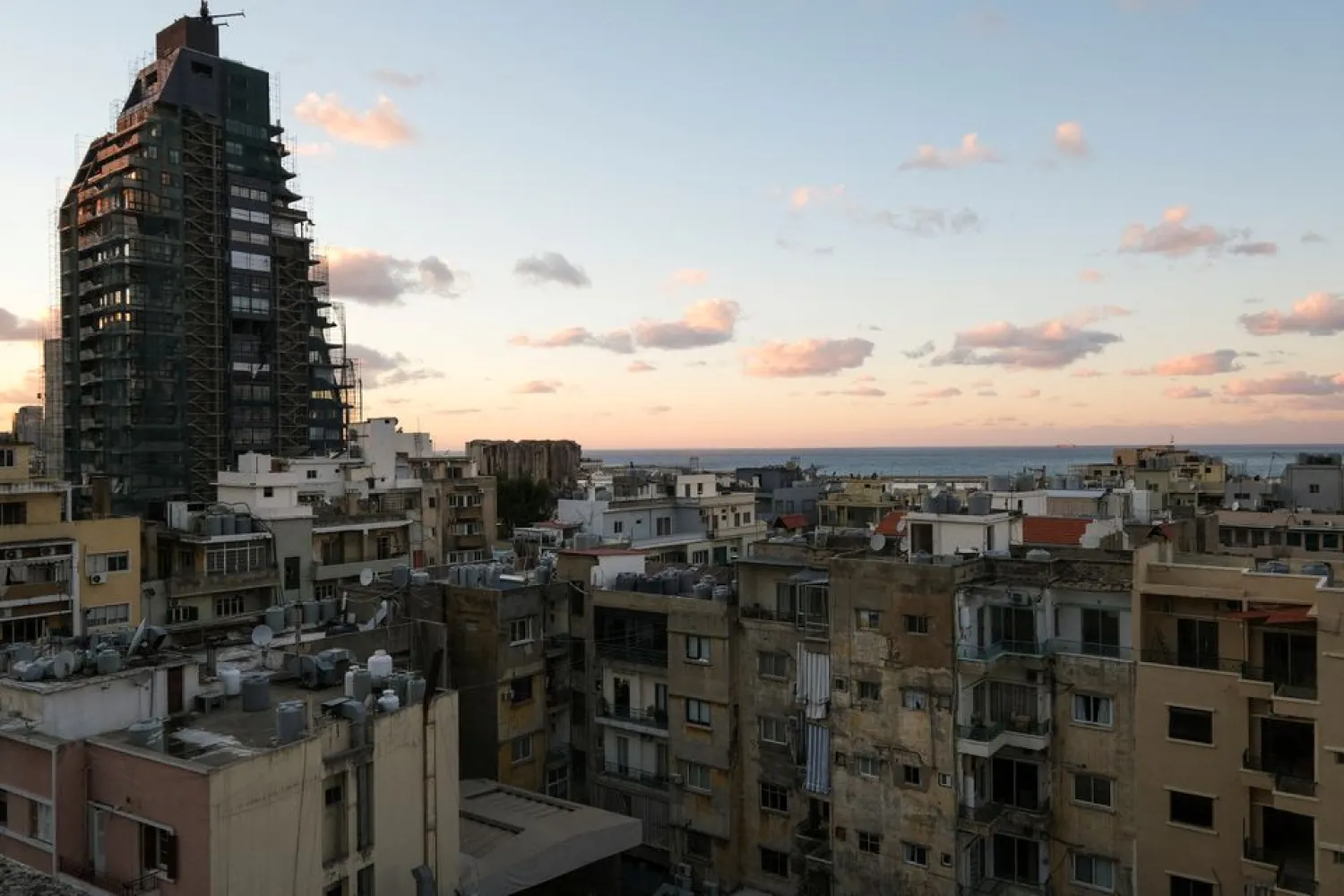A government plan for tackling Lebanon's financial crisis projects a 93% devaluation of the Lebanese pound and converts the bulk of hard currency deposits in the banking system to local currency, according to a blueprint seen by Reuters.
Of $104 billion of hard currency deposits, the plan foresees returning just $25 billion to savers in US dollars, with most of what's left converted to pounds at several exchange rates, including one that would wipe 75% off some deposits.
The plan sets a 15-year timeframe for paying back all depositors, Reuters reported.
The World Bank has described Lebanon's crisis as one of the worst depressions in world history. Depositors have been largely frozen out of US dollar accounts since October 2019, during which time the pound has lost more than 90% of its value.
A financial plan is crucial if Lebanon is to secure an IMF bailout, widely seen as the only way for it to chart a path out of the crisis. Lebanon began talks with the IMF last week.
The plan, based on Sept 2021 data, foresees an exchange rate of 20,000 pounds per dollar, compared to the official rate of 1,500, which the government has yet to adjust even as the central bank has applied an array of higher rates.
Unifying the exchange rate is an IMF policy recommendation.
In recent weeks, central bank intervention has strengthened the pound to 21,500 from a low of 34,000 last month.
The government has estimated the overall losses in the financial system at $69 billion.
A previous attempt by Lebanon to secure IMF support got nowhere in 2020 due a dispute between the central bank, commercial banks and ruling parties over the scale of the losses and how they should be distributed.
This time, the losses are divided out as follows: $38 billion by depositors; $13 billion through a reduction in the capital of banks' shareholders; $10 billion in a government perpetual bond; and $8 billion by the central bank.
The plan foresees wiping out 75% of the value of $16 billion in deposits accrued thanks to high-interest rates since 2015, through a conversion to pounds at a below-market rate.
Similarly, it reduces by 40% the value of $35 billion worth of deposits that resulted from pounds being converted into dollars at the official exchange rate after October, 2019, also through a conversion to pounds at a below-market rate.
It aims to return $25 billion of deposits in hard currency to people who had less than $150,000 in their account before the crisis erupted. Those with between $150,000 and $500,000 would be able to get the full value, but in pounds at the market rate.
Depositors with more than $500,000, now valued at $22 billion, would receive shares in the banking sector of the value of $12 billion. In addition, they would get $5 billion of government perpetual bonds in a state asset management company.
"The 15-year timeframe for depositor repayment is an indication that the country will remain over-indebted for a long time," said Mike Azar, an expert on the financial crisis.
"The consequences are continued uncertainty, low confidence, and depressed economic growth."
The plan notes that money supply in pounds was expected to grow "exponentially increasing narrow money supply significantly". This means inflation is a significant risk.
"High inflation will counteract all efforts to recover deposits as their real value and the depositors' purchase power will decrease," it said.
Addressing long-term inflation, which has already soared with the collapse of the pound, it notes that interest rates could be a powerful tool once the credibility of the financial sector returns.
However, it noted that interest rates were currently not effective "given no confidence" the central bank and the banks.#
Central bank gold reserves could be "an exceptional tool to stabilize the value of the (pound) if it can be exchanged for (pounds)", it added.









